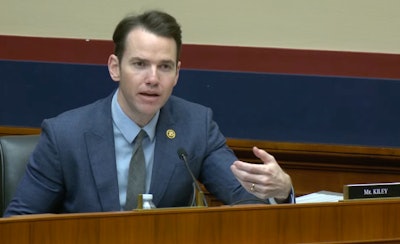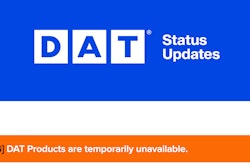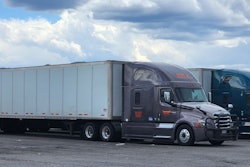
The House Committee on Education and Workforce Thursday morning passed H.J. Res. 116, a Congressional Review Act (CRA) resolution to nullify the Biden administration’s independent contractor rule.
Rep. Kevin Kiley (R-California) introduced the bill March 6 seeking to overturn the Department of Labor’s (DOL) final worker classification rule that went in effect March 11 – "A threat to the livelihood to millions of Americans," Kiley said in Thursday's committee meeting. "It is the last thing our economy needs right now."
[Related: New IC rule will have 'unintended consequences']
While a CRA is a tool Congress can use to examine and overturn federal agency rules, it faces a long road ahead. It must now pass both chambers and be signed by the president, the latter of which is extraordinarily unlikely. If vetoed by the president, it has to pass by two-thirds of the members of each house. Kiley's bill has 55 sponsors.
Committee Democrats on Thursday characterized a repeal and the restoration of a Trump-era rule as authorized wage theft and the dodging of legitimate costs of doing business.
Rep. Bobby Scott (D-Virginia) said companies often skirt labor rules, workers' rights and applicable taxes and benefits by misclassifying workers as contractors that in reality have been employees all along. Rep. Alma Adams (D-N.C.) added that the current DOL law thwarts "an intentional and anti-competitive practice across many industries."
However, the Biden DOL rule has been widely bemoaned by the very groups it seeks to protect; independent truck drivers, realtors, barbers, freelance writers and photographers, and many professions in between. Rep. Tim Walberg (R-Michigan), citing a survey conducted by freelancing platform Upwork, noted that 40% of the U.S. workforce participated in freelance workforce last year, and another study conducted by Credit Summit, an online financial advice resource, found that of 73 million surveyed independent contractors, only 9% preferred a traditional job.
"That's because independent contractors have control of their careers. They like that," Rep. Bob Good (R-Virginia) said.
The American Trucking Associations and Truckload Carrier Association are among the groups that applauded the bill's introduction.
Biden's DOL rule is modeled largely after California's AB 5 – a rule that Kiley said was so disastrous in his home state that 109 categories had been exempted from it, adding the state has seen a 10.5% decline in self-employment as a result of AB 5 and a 4.4% decline in employment. "That's tens of thousands of lives that have been destroyed," he added.
Among the chief architects of AB 5 was then-California's labor commissioner and later secretary for the California Labor and Workforce Development Agency Julie Su, Biden's two-time pick to lead the DOL and the agency's current acting Secretary.
Although it's been legally entangled on-again and off-again since passing in 2019, AB 5 generally called into question trucking's legal use of contracted/non-employee carriers and sought to determine if independent contractors in California are employees or indeed independent for purposes of its labor code. Repeated legal challenges mounted by the trucking industry to date have been swatted down.
Committee Republicans Thursday largely countered that the Biden DOL rule is in-step with what they see as pro-labor and pro-union politics at the expense of worker's rights and employer rights.
"Under no previous administration has the ability for American free enterprise been more under attack," said Chairwoman Virginia Foxx (R-N.C.). "The right for workers to earn an honest living is even at stake."
The Trump Administration’s DOL, as one of its final acts in January 2021, published a rule that included a test to determine if a worker was independent or an employee that relied on five factors, but put greater emphasis on two “core factors” -- the nature and degree of the worker’s control over the work and the worker’s opportunity for profit or loss. Other “non-core factors” included the amount of skill required for the work; the degree of permanence of the working relationship between the worker and the potential employer; and whether the work is part of an integrated unit of production. The effective date of the rule was March 8, 2021, but on March 4 of that year, the Biden DOL delayed the effective date, then on May 6 withdrew the rule completely.
Kiley inferred that, as it's currently structured, the Biden DOL rule does more to find ways to consider workers as employees than it does to establish if a person is actually an employee or a legitimate contractor, with Nathaniel Moran calling the rule that leans on six economic factors to make its determination "confusing and vague."
Instead of using the “core factors” that were part of the 2021 IC rule, the new rule returns to a “totality-of-the-circumstances analysis” that considers the worker’s “economic reality” through six factors weighted equally, DOL said. “The department believes this rule is more grounded in the ultimate inquiry of whether a worker is in business for themself or is economically dependent on the employer for work. Workers, employers and independent businesses should benefit from affirmative regulatory guidance from the department further developing the concept of economic dependence.”










